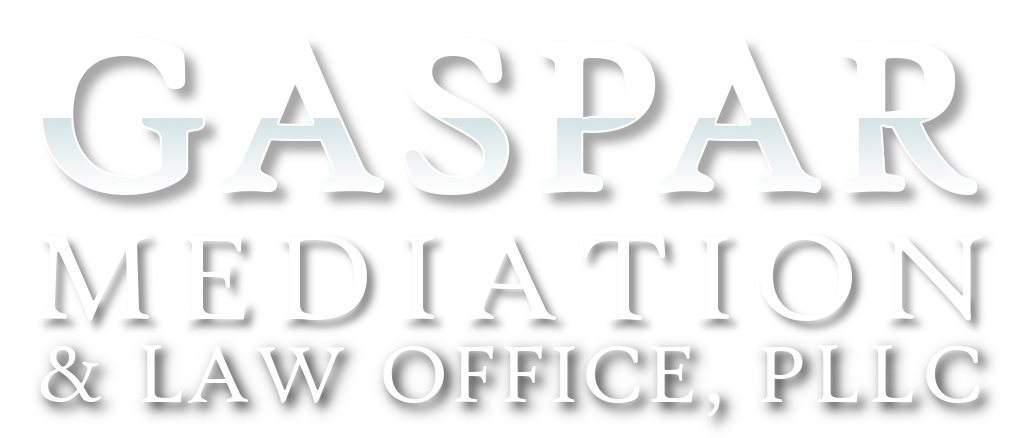Below we’ve listed brief discussions of several common questions dealing with mediation which we hope you find helpful and informative. These postings are for general informational purposes and do not constitute legal advice.
The mediator’s role is to facilitate the discussion and to help the participants find creative solutions to their situation. The mediator remains impartial throughout the process to find common ground for solutions that will work.
The end product from a successful mediation is an agreement that the parties sign and usually file with the court. Once a judge has reviewed and approved the agreement, the agreement itself becomes an enforceable court order.
The focus of mediation is to explore the potential for change in the behaviors and attitudes that have led to conflict, a confusion of roles and expectations, and a breakdown in communication. The goal is for the parties to create a consensual, written agreement that the couple feels is fair, balanced, realistic, and accurately reflects the issues raised and addressed in the mediation.
Mediation is not litigation. It does not determine who is right or wrong. All points of view are considered valid. Mediation is not counseling. Mediation recognizes the emotional issues in a conflict, but it focuses on finding a workable solution to the problems, rather than the cause of the problem.


